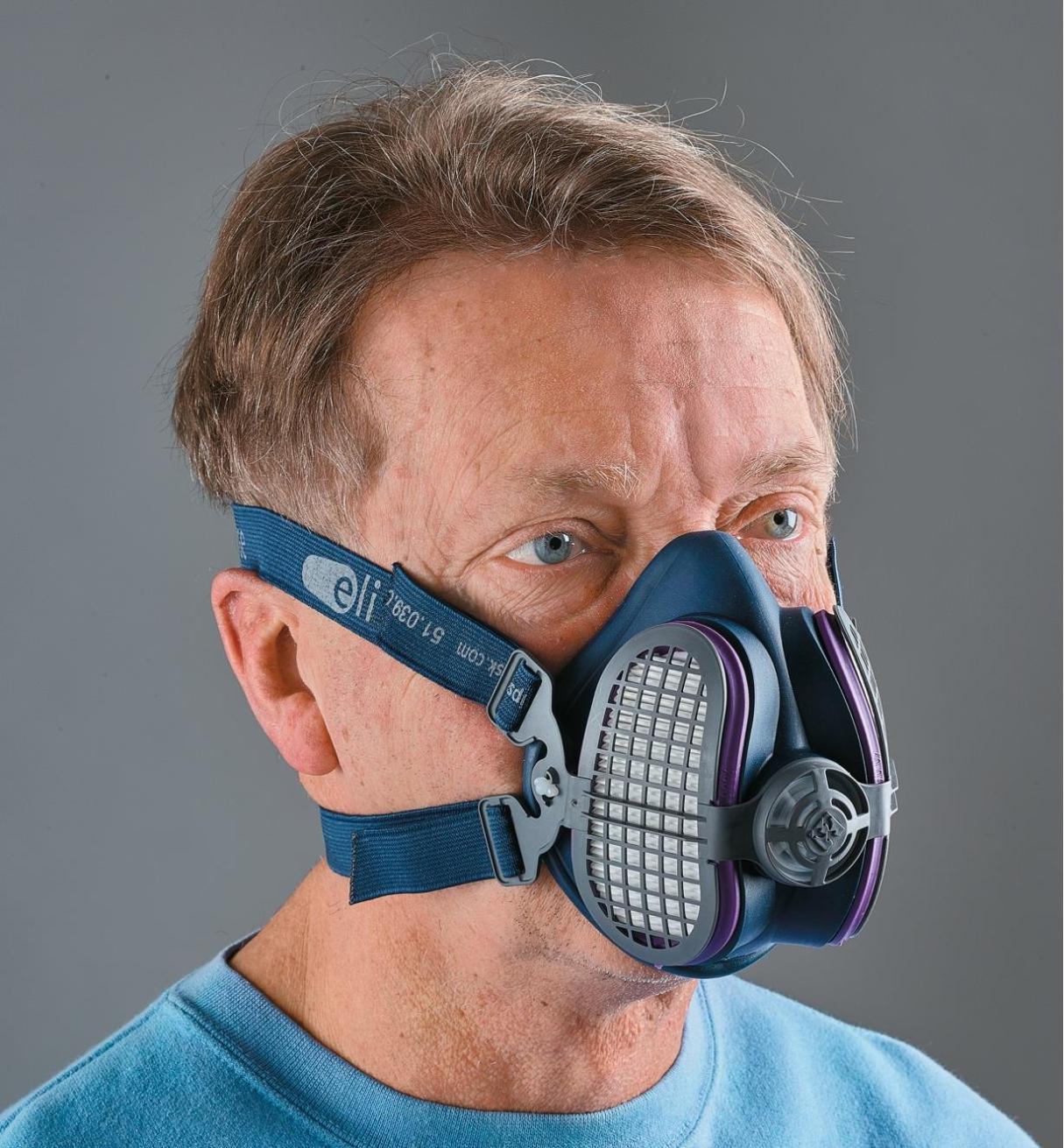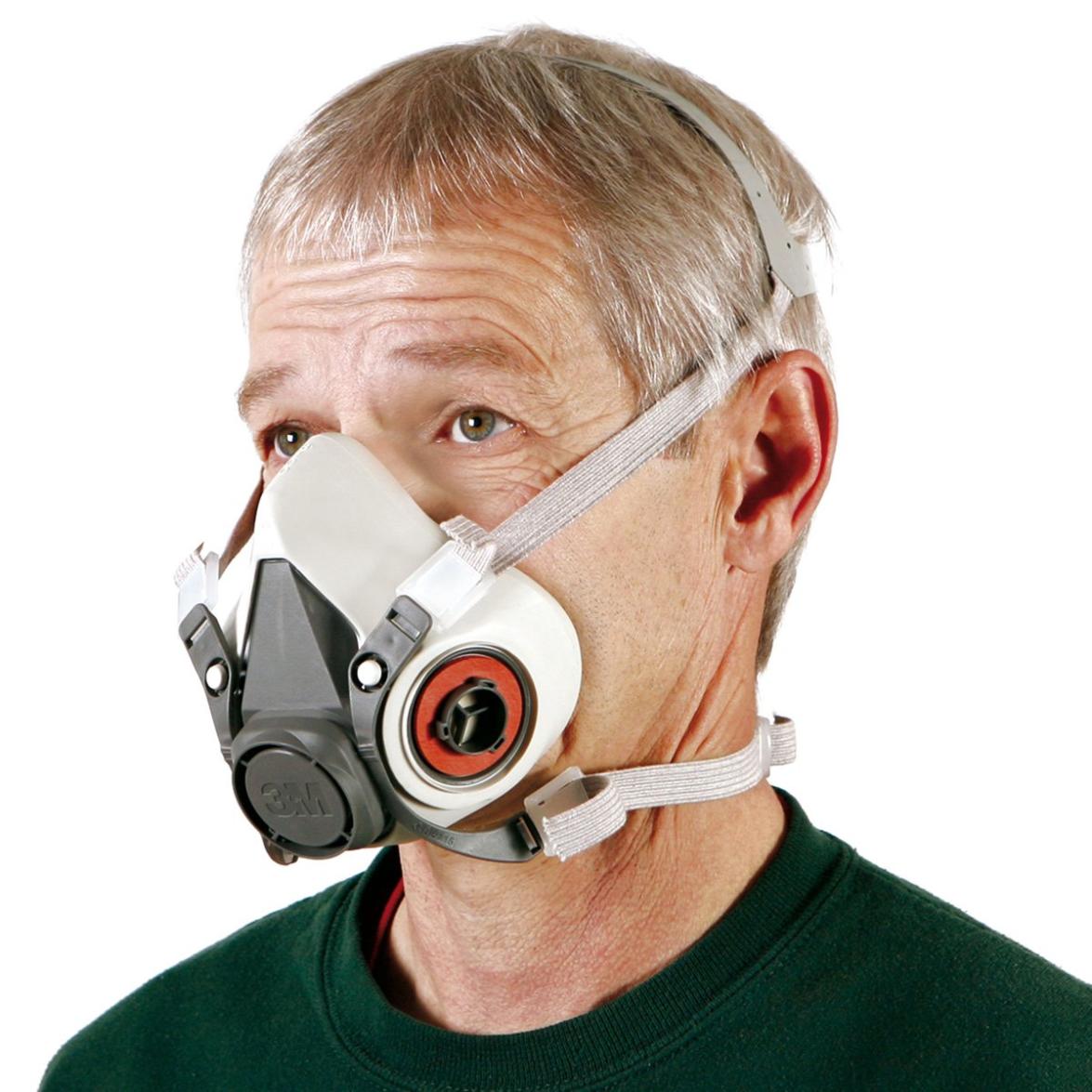Unveiling the Truth: A Comparative Analysis of Face Masks and Respirator Masks
In the face of airborne contaminants and respiratory hazards, face masks and respirator masks have emerged as essential protective gear. This article delves into the intricacies of these masks, comparing their effectiveness, advantages, and disadvantages to guide individuals in making informed choices.

Types Of Face Masks And Respirator Masks
Surgical Masks
- Disposable, single-use masks designed for basic protection.
- Loose-fitting, covering the mouth and nose.
- Effective in blocking large droplets and splashes.
Cloth Masks
- Reusable masks made from various fabrics.
- Varying levels of protection depending on fabric choice and construction.
- Can be effective in reducing droplet transmission.
N95 Respirators
- Single-use, disposable respirators meeting NIOSH standards.
- Tight-fitting, forming a seal around the face.
- Highly effective in filtering airborne particles, including viruses and bacteria.
Other Specialized Masks
- KN95 masks: Chinese standard respirators similar to N95 masks.
- FFP2 masks: European standard respirators equivalent to N95 masks.
- PAPR (Powered Air Purifying Respirators): Battery-operated respirators providing a constant supply of filtered air.
Mechanisms Of Protection
Face masks and respirator masks protect wearers through various mechanisms:
Filtration Efficiency
- Masks filter airborne particles, including viruses, bacteria, and droplets.
- N95 respirators achieve a filtration efficiency of at least 95% for particles 0.3 microns in size.
- Cloth masks and surgical masks have lower filtration efficiencies.
Breathability
- Masks should allow for easy breathing while providing protection.
- N95 respirators may be more difficult to breathe through than other masks.
- Cloth masks and surgical masks generally offer better breathability.
Fit
- Proper fit is crucial for effective protection.
- N95 respirators require a tight seal around the face to prevent leakage.
- Cloth masks and surgical masks may not fit as snugly, allowing for potential leakage.
Comparative Analysis
Studies have compared the effectiveness of different types of masks in various settings:
Healthcare Settings
- N95 respirators provide the highest level of protection for healthcare workers.
- Surgical masks and cloth masks offer moderate protection, reducing droplet transmission.
Public Transportation
- N95 respirators or KN95 masks are recommended for enclosed public spaces.
- Cloth masks and surgical masks can reduce the risk of droplet transmission.
Outdoor Environments
- Cloth masks or surgical masks are generally sufficient for outdoor activities.
- N95 respirators may be necessary in crowded outdoor settings or areas with high levels of air pollution.
Advantages And Disadvantages
Advantages Of Face Masks And Respirator Masks
- Reduce the risk of respiratory infections.
- Protect against airborne pollutants and allergens.
- Help slow the spread of respiratory diseases.
Disadvantages Of Face Masks And Respirator Masks
- Can be uncomfortable to wear for extended periods.
- May cause skin irritation or allergic reactions.
- N95 respirators can be more expensive than other masks.
Guidelines And Regulations
Governments and healthcare organizations have issued guidelines for mask usage:
Government Regulations
- Many countries have mandated mask-wearing in public spaces.
- Regulations vary depending on the region and the severity of the pandemic.
Healthcare Guidelines
- Healthcare organizations recommend N95 respirators for healthcare workers.
- Surgical masks or cloth masks are often recommended for patients and visitors.

Face masks and respirator masks play a vital role in protecting individuals from airborne hazards. Understanding the different types of masks, their mechanisms of protection, and their advantages and disadvantages is crucial for making informed choices. By selecting the appropriate mask for specific situations and following guidelines for mask usage, we can effectively mitigate the spread of respiratory infections and safeguard public health.
YesNo

Leave a Reply